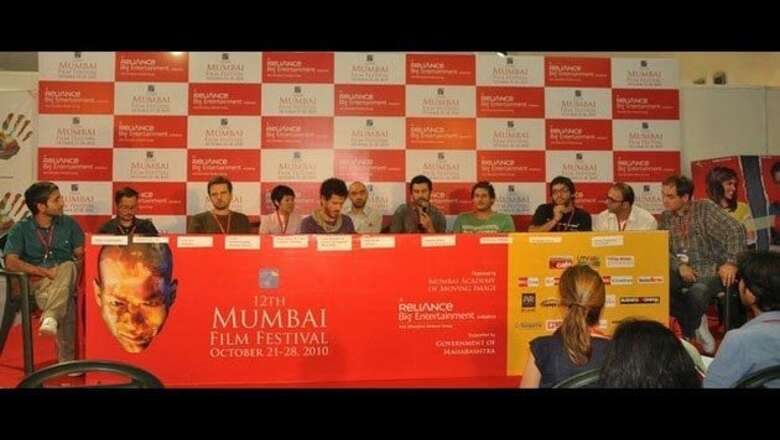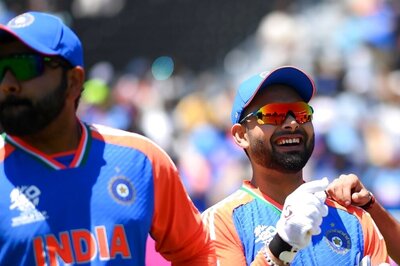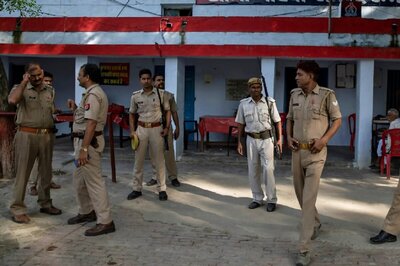
views
The twelve young directors, Babar Nayafi (Director of Seebe), Michael Noer (Director of :R), Screen Yuce ( (Director of: Majority), Anocha ( (Director of Mundane History), Florin Serban (Director of If i want to Whistle, I Whistle), Vardi's Marinak and George (Directors of Black Feild), Aamir Bashir (Director of Harud), Sebastian Astore (Director of A Stone throw away), Daniel Vega and Diego Vega (Director of October), Su Turban (Director of AYLA), Oliver Coussemacq (Director of Sweet Evil) and Sebastian Hririart (A Stone Throw Away) are here with their first film, hoping to win the coveted award.
At a Press Conference Mr. Narayan, director of the festival, introduced the twelve young directors and said that he liked each of their films so much that he would have loved to give an award to each of them. The directors narrated the plot of their films, and also spoke about the anxieties and pleasures that went into making their very first film.
Iranian director Babak Najafi (Sebbe) said that he was younger and prettier when he started making the movie. “Five years is what it took me to make my first film but I think it was all worth it. I was nervous at the thought of the huge money riding on the movie.” he said.
Michael Noer (R) said that his movie required a bigger budget and “I was really anxious and nervous at the thought of the huge money riding on the movie. “
Indian film-maker Aamir Bashir got a lot of attention at the conference as his movie, ‘Harud deals with the issues of Kashmir. Bashir admitted that he was frustrated as an actor and that’s the only reason why he got into making films. “My movie is the first attempt to show what is actually happening in Kashmir. This is the only film made from an insider’s point of view, as I am a Kashmiri,” he said. “The earlier films made on Kashmir only had the Bollywood formula and it was more or less a good vs evil drama, rather than dealing with the real issues of Kashmir. Those films were not only untruthful but also disrespectful for the issues of Kashmir,” he said.
Korean director Anocha said that even if on the outset it looks like Korea is open to women film-makers, when you actually start working you realise that there is a gender bias and women directors are not really taken as seriously as they should be. “The difference in attitude towards men and women is subtle, but its definitely there,” she said candidly.




















Comments
0 comment